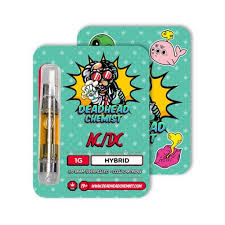Mushroom Spores
Mushroom spores , are the reproductive units of fungi, functioning similarly to seeds in plants. These microscopic structures enable fungi to propagate and are essential for the survival and distribution of various mushroom species. Spores play a crucial role in the fungal life cycle, dispersing through air, water, or animal interactions to colonize new environments.
Structure and Function
Mushroom spores are typically single-celled and come in various shapes, sizes, and colors, depending on the species. They contain the genetic material needed to develop into new fungal organisms under favorable conditions. Unlike plant seeds, spores do not contain stored nutrients; instead, they rely on suitable environmental conditions, such as moisture, temperature, and substrate availability, to germinate and grow.
psilocybin mushroom
When spores land in a conducive environment, they germinate and produce thread-like structures called hyphae. These hyphae extend and intertwine, forming a network known as mycelium, which is the vegetative part of the fungus. If compatible hyphae from different spores fuse, they can eventually develop into a fruiting body—what we commonly recognize as a mushroom. This process completes the fungal life cycle, allowing for further spore production and dispersal.
psilocybin mushrooms
Spore Dispersal Methods
Mushroom spores can be dispersed in several ways:
Airborne Dispersal – Many fungi release spores into the air, where they travel long distances before settling on a suitable substrate.
Water Dispersal – Some spores are adapted to spread through water droplets, ensuring their movement in wet environments.
baby bella mushrooms
Animal Assistance – Certain mushrooms attract insects or mammals that carry spores to new locations via their fur, feet, or digestive systems.
Importance of Mushroom Spores
Mushroom spores are vital for biodiversity and ecosystem health. They contribute to decomposition, breaking down organic matter and recycling nutrients into the soil. Additionally, spores are used in mushroom cultivation, where they are harvested and propagated to grow edible or medicinal fungi.
mad mushroom
Researchers also study mushroom for various applications, including environmental monitoring, biotechnology, and mycology. Due to their resilience and ability to withstand extreme conditions, some scientists explore spores’ potential for space travel and survival in extraterrestrial environments.
mushroom supplements
In summary, spores are essential for fungal reproduction, ecosystem balance, and scientific research. Their unique properties and dispersal strategies make them an integral component of nature’s cycle of growth and decay.




Reviews
There are no reviews yet.